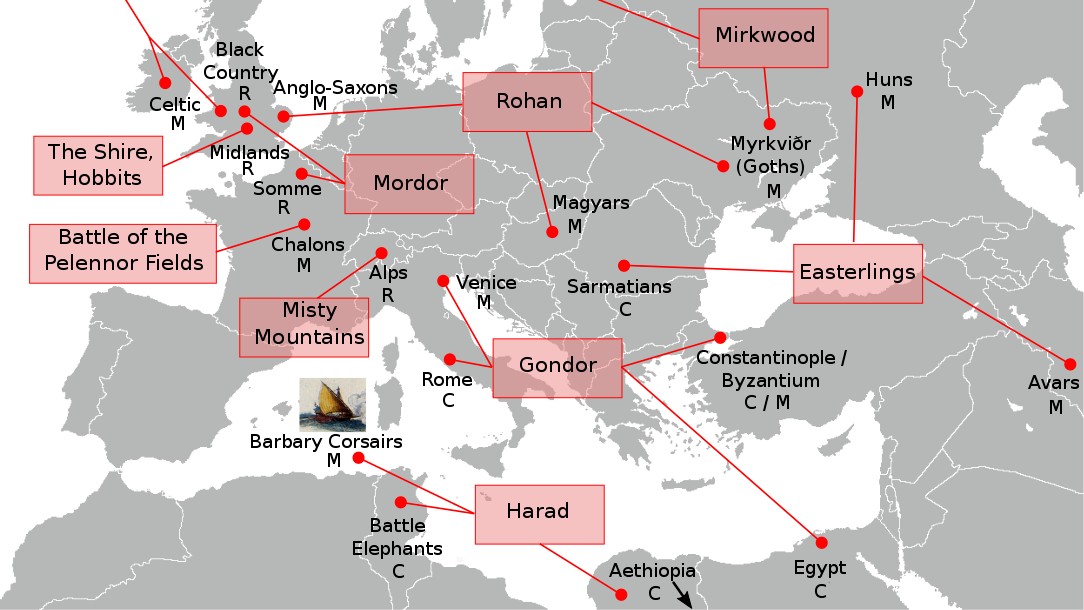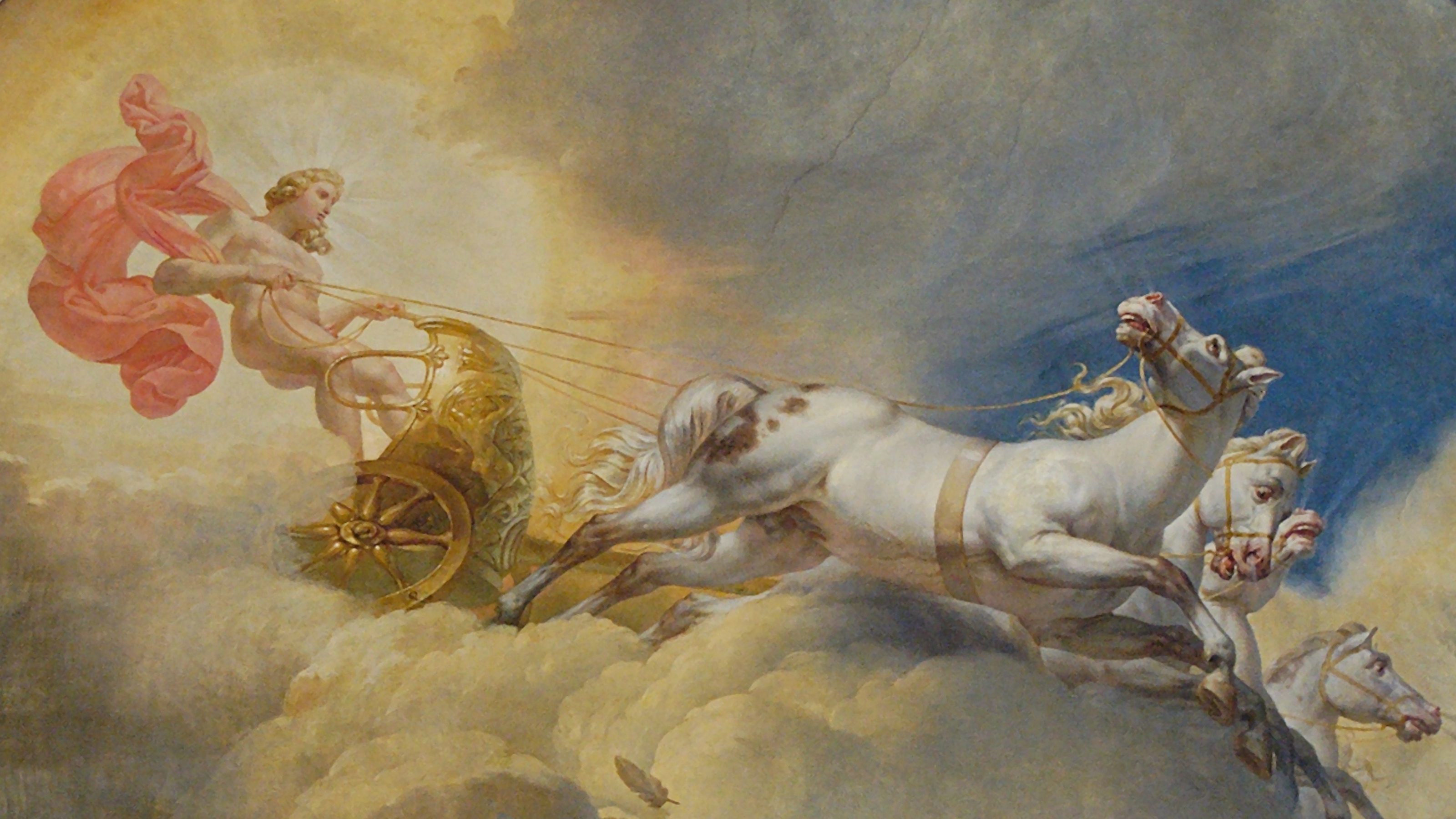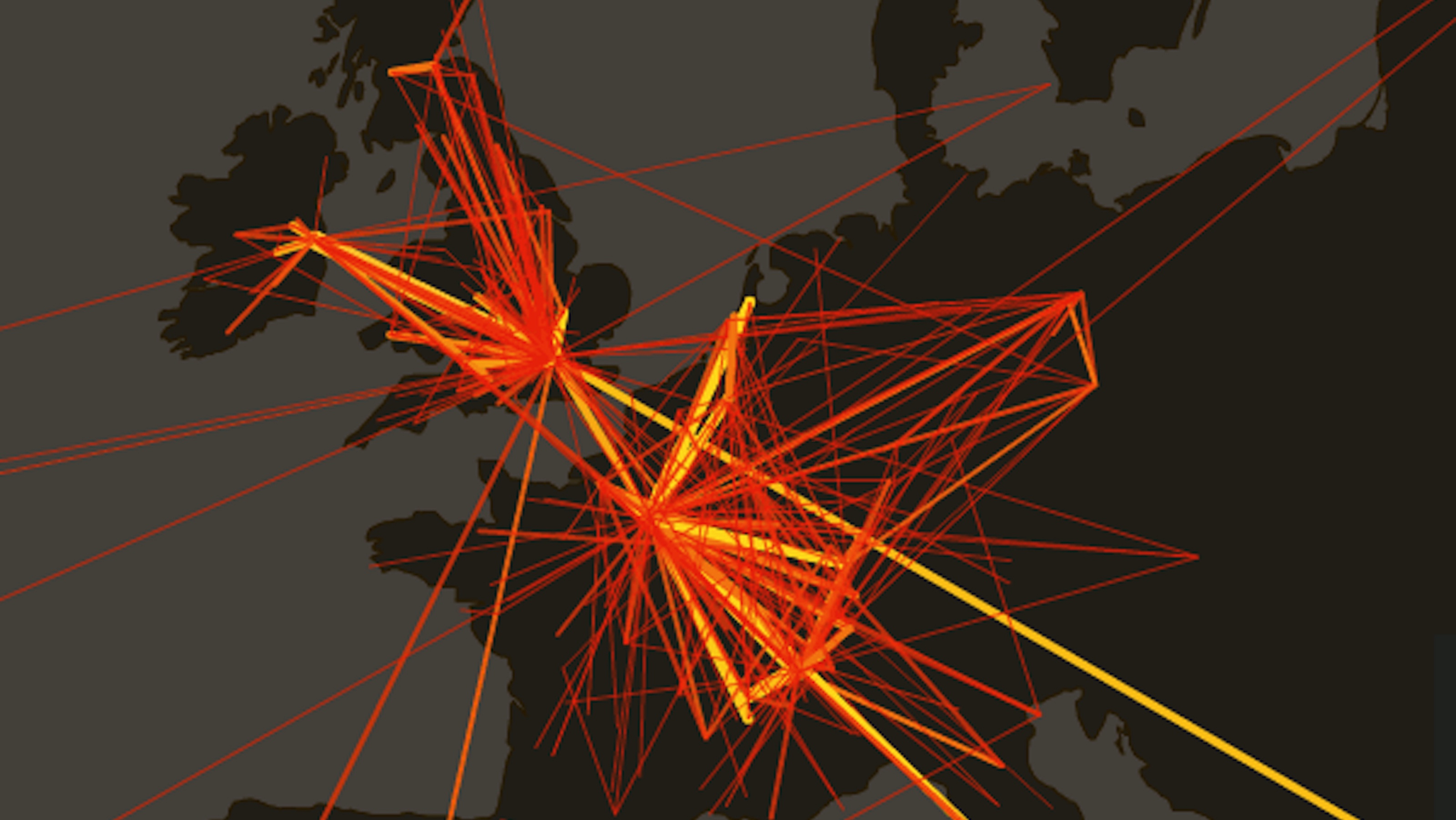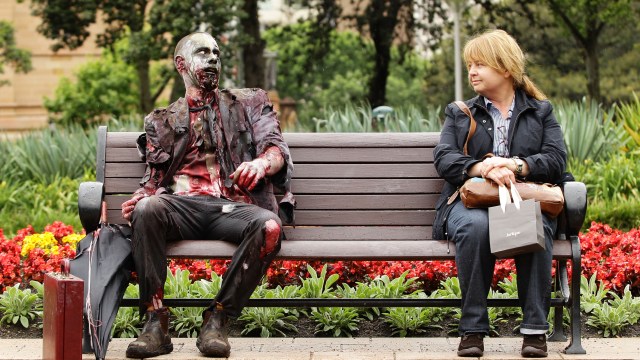Beyond the Welfare State: John Rawls and the property-owning democracy

Around the world, the political left is reeling against right wing populism. Faith in democracy and human rights is at a new low for Western young people. In France, the main center-left party has been all but ruled out as a contender for the presidency next year. In the United States the finger pointing has begun over who to blame for Trump’s election, and in Italy, the Prime Minister resigned after failed referendum was taken as a vote of no confidence expressed by popular discontent.
But why the populist wave? Why now?
One philosopher has a suggestion as to why this is happening. The current economic model that the major political center-left parties have been using over the last twenty years is not satisfying and needs to be replaced; but with something that offers a clear break and improves live for everybody.
The late American political philosopher John Rawls, argued that the Welfare state, defined as a capitalist system where the state assures a basic level of survival for citizens but does not interfere with major economic decisions, will fail to ensure that citizens have a real chance of influencing politics, or to have sufficiently equal opportunity in education and employment. The welfare state will therefore generate a demoralized underclass. An underclass which will vote as it must to try and improve its position.
Hmm… people would feel like they have no real say in who runs the country?Reduced opportunity as the income becomes unequal? Dr. Rawls may have been onto something, philosophically speaking.
What then, would he replace Welfare Capitalism with? How would he fix the problem of disenfranchisement and dissatisfaction?
First, a quick lesson in his philosophy. Rawls postulated two principles of justice which he entitled Justice as Fairness, based on what he supposed we would all want in society if we were unsure of our position in it – an excellent overview of his philosophy is available here.
Those principles of Justice as Fairness are:
First Principle: Each person has the same indefeasible claim to a fully adequate scheme of equal basic liberties, which is compatible with the same scheme of liberties for all.
Second Principle: Social and economic inequalities are to satisfy two conditions:
They are to be attached to offices and positions open to all under conditions of fair equality of opportunity;
They are to be to the greatest benefit of the least-advantaged members of society (the difference principle)
With the first principle always taking precedence over the second, and the equality of opportunity taking precedence over the difference principle. The first principle also includes the idea that political liberties must have “fair value“.
This is why he rejected the Welfare state, as major economic inequalities would still be allowed, and the fair value of political liberties is no longer assured as a handful of tycoons could dominate the political life of the state, leaving the majority of the population with little real political power.
So, if the Welfare State doesn’t fit these two principles, what does?
Rawls proposed two systems which would satisfy his principles. One was Democratic Socialism, the other was a system he entitled The Property Owning Democracy.
The Property Owning Democracy is a system where the state assures that the average individual has a chance to actively participate in the market economy around them, rather than just ensuring that they don’t starve. This system, he suggests, will lead to a larger share of the population owning productive property, having real political power, and having a real chance of advancement than the bare bones welfare state.
In such a system, the state would assure that everybody had excellent education and job training options that they could really use, access to health care, and the ability to choose a job without fear of horrible consequences if they do face unemployment, and a general atmosphere of freedom to make life choices in. Such a system would also assure that most people have a real opportunity to own productive assets, rather than allowing monopolies to dominate the economy.
The key difference between this and Democratic Socialism, according to Rawls, is that socialism implies worker, or state, owned firms. While a Property Owning Democracy still features private ownership of the means of production. Rawls was less concerned with who owned the elements of the economy, than with the effects of that ownership.
What is the real life version of this system?
There are many examples. The Nordic model, as explained by Icelandic President Ólafur Ragnar Grímsson,summarizes it rather well. Similar ideas are seen in the thinking behind the Great Society in the United States especially in the promotion of college aid during that time.
Is this what people want? Some commentators think so. Mayor Bill De Blasio of New York has stated his belief that, “the message would have won the election” if the Democratic Party had run on Bernie Sander’s message of equality and progressivism. In United Kingdom, Her Majesty’s Most Loyal Opposition is led by the Labour Party, led by the unabashedly socialistic Jeremy Corbyn, who has retained control of his party despite adversity. Of course,a majority of Americans still wouldn’t vote for an openly socialist candidate, and many people think President Obama, a New Democrat centrist, is a socialist himself. This suggests strong opposition to the progressivism demanded by Justice as Fairness.
John Rawls was the most important political philosopher of the 20th century. His ideas have gone on to influence philosophical thought profoundly, even the works of those who disagreed with him. His ideas on how to make liberal democracy work for everyone are of vital importance to anyone who wants to understand why unrest happens in western countries, and what we can do to help fix it.
—





